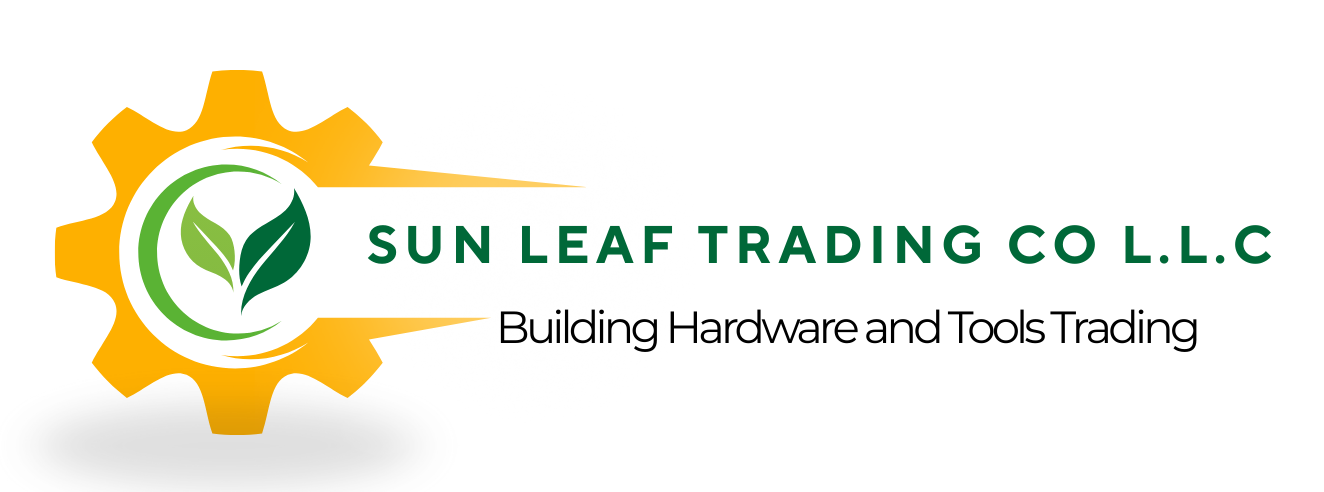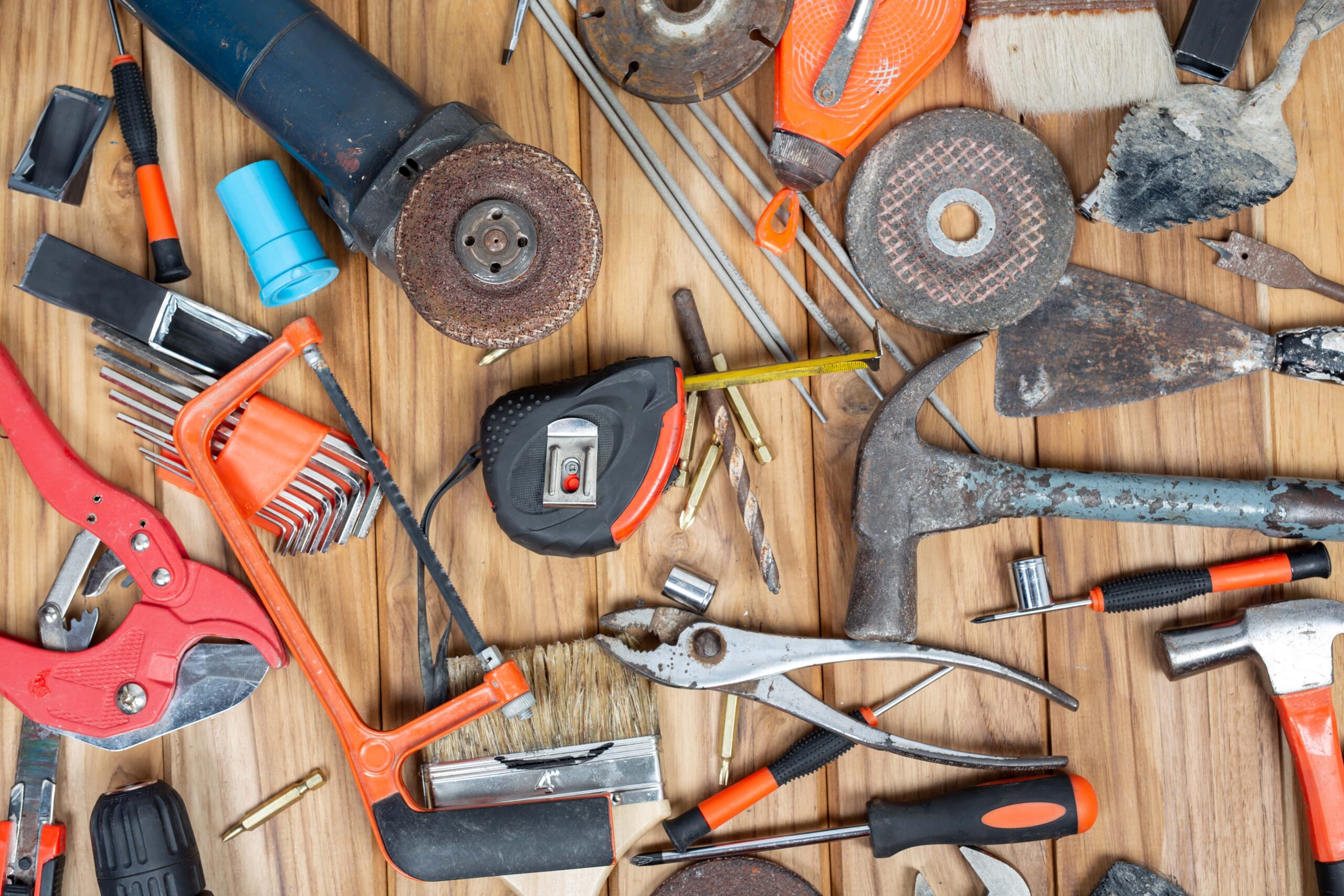Initial Investment and Capital Lock-In
One of the first challenges of buying construction tools is the huge upfront investment. Heavy machinery and power tools do not come cheap. When you purchase them, a significant amount of your capital is locked into assets that will depreciate over time. This can affect your cash flow and limit your ability to invest in other areas of the project such as labor, raw materials, or marketing efforts. Renting eliminates the need for large capital investments, making it easier to allocate your budget efficiently.
Maintenance and Repair Costs
Owning construction tools means you are responsible for maintaining them. Regular maintenance is necessary to ensure the tools perform safely and efficiently. Over time, parts wear out, machines break down, and unexpected repairs become unavoidable. Each repair or replacement part adds to your expenses. Renting tools shifts this burden to the rental company. You receive well-maintained, fully functional equipment without worrying about costly breakdowns and repairs.
Storage Requirements
Construction tools, especially large equipment, require proper storage. This often means investing in secure storage facilities, warehouses, or designated tool sheds. Improper storage can lead to faster wear and tear, rust, and reduced performance. Storage also involves additional costs like electricity, space rent, or property purchase. Renting eliminates these expenses, as the tools are returned to the rental company after use, saving you from the hassle of storage management.
Depreciation and Resale Value
Like vehicles, construction tools lose value over time. The resale value of a used tool is usually much lower than the purchase price, and in many cases, finding a buyer itself becomes a challenge. The depreciation expense is something owners often overlook when making the initial purchase decision. Renting completely avoids depreciation issues since you only pay for the tool when you need it, without worrying about its long-term value.
Insurance and Safety Concerns
Expensive construction equipment often requires insurance to protect against theft, damage, or accidents. Insurance premiums can be costly, adding another layer to ownership expenses. Moreover, if the tool gets damaged during use, owners bear the responsibility for repair or replacement. Rental agreements usually cover insurance or at least minimize the risk, ensuring that users do not face unexpected financial burdens in case of accidents.
Upgrades and Technology Changes
The construction industry is constantly evolving, with new technologies and advanced tools entering the market regularly. When you own equipment, you are stuck with it until you can afford to upgrade, which means you might miss out on efficiency and safety improvements offered by newer models. Renting provides access to the latest models and advanced technology without having to invest heavily each time new equipment becomes available.
Project-Specific Requirements
Not every construction project requires the same set of tools. Some projects demand specialized equipment that you might rarely use. Buying such tools makes little sense as they may sit idle for months or years, becoming wasted investments. Renting allows you to select only the equipment you need for each specific project, ensuring you don’t spend money on rarely used tools.
Downtime and Operational Risks
When owned tools break down unexpectedly, the project can face delays. Waiting for repairs or arranging replacements wastes time and increases costs. With rentals, you usually get immediate replacements from the rental company, minimizing downtime. This reliability is a major advantage when working with tight deadlines.
Transportation Costs
Large construction tools often require specialized transportation for moving between sites. Owners bear the costs of fuel, trucks, and operators. Rental companies frequently offer delivery and pickup services, which reduces your logistics expenses and makes tool management simpler.
Flexibility and Scalability
Construction projects vary in size and scope. Owning tools ties you down to what you already have. If a project demands more or different equipment, you will either need to purchase additional tools or make do with less. Renting offers the flexibility to scale up or down depending on the project’s requirements. You can always access the right tools for the job without unnecessary purchases.
Better Financial Planning
When renting, costs are predictable and easier to budget for. Instead of unexpected repair bills, insurance premiums, and depreciation losses, you only pay a fixed rental fee. This clarity helps contractors and businesses plan their finances more effectively and reduce the risks of overspending.
Access to Expert Guidance
Many rental companies provide guidance on tool selection, safety, and proper usage. This added support can help you avoid mistakes, improve efficiency, and maintain worker safety. Tool ownership does not come with such expertise unless you hire professionals separately, which adds to the cost.
Environmental and Space Benefits
Owning multiple machines consumes valuable storage space and resources. When you rent, you reduce clutter and optimize your workspace. Additionally, by sharing tools through rental services, fewer tools need to be manufactured, which contributes to a more sustainable and environmentally responsible approach to construction.
Case Study Example
Consider a small contractor who invests heavily in purchasing a set of power tools. Over time, the tools require constant servicing, some become outdated, and storage expenses keep adding up. At the same time, a competitor chooses to rent. The competitor always has access to updated tools, avoids repair and storage expenses, and completes projects on time without delays due to breakdowns. Clearly, the competitor enjoys higher profitability and smoother operations, proving that renting is a superior strategy.
Conclusion: Why Renting Wins
While owning construction tools might initially appear to be a smart investment, the reality is that hidden costs can add up quickly and reduce your profit margins. From maintenance and depreciation to insurance and storage, ownership comes with responsibilities that many overlook. Renting construction tools provides financial flexibility, access to modern equipment, reduced risks, and better overall efficiency. For businesses looking to maximize profits and maintain flexibility, renting is undoubtedly the smarter choice.

